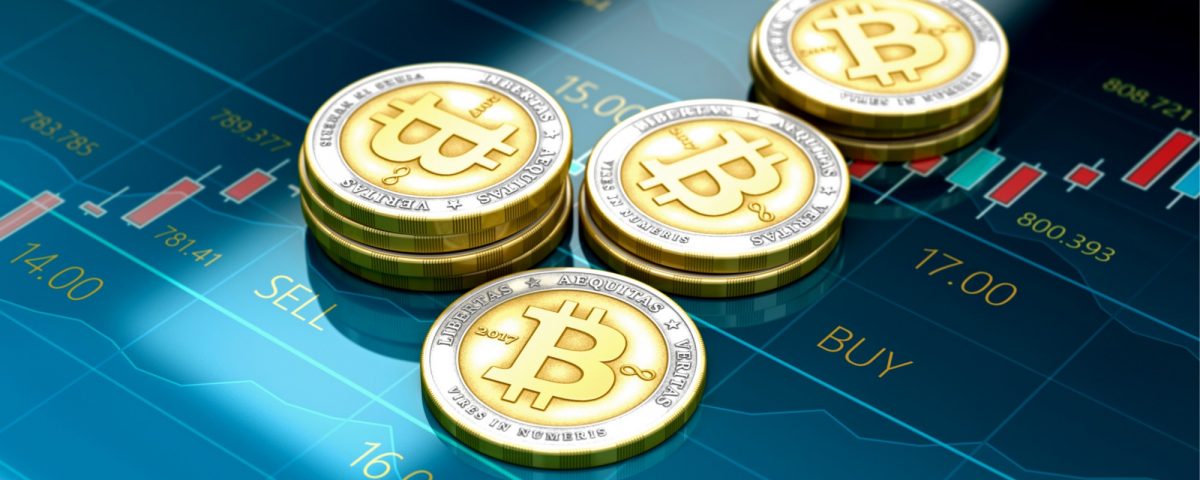Africa Update: What is fueling Zimbabwe’s record-breaking Bitcoin binge?

World Update: U.S. unemployment drops to lowest in 17 years
November 6, 2017
Nigeria Update: Financial stocks contribute 76.8% to NSE volume
November 7, 2017The most expensive bitcoin in the world are flying off virtual shelves in Zimbabwe.
The price of the digital currency has soared beyond $10,000 over the past week on Harare-based trading platform Golix, almost double the rates on major international exchanges.
“The price has been high for some time and it keeps going up,” says Golix trade coordinator Yeukai Kusangaya. She expects soaring demand to drive the price even higher.
Bitcoin is no longer a specialist curiosity in Zimbabwe. The virtual currency is in increasingly common usage, even accepted by businesses such as car dealers.
A uniquely dysfunctional economy has created ideal conditions for the bitcoin surge.
Zimbabwe is undergoing a fresh currency crisis.
President Robert Mugabe’s administration addressed rampant hyperinflation in 2008 by ditching the Zimbabwean dollar and replacing it with US currency. But the southern African nation now faces an acute shortage of US dollars that has led to banks rationing withdrawals.
The government has sought to make up the shortfall by issuing “bond notes” that it claims have equivalent value to the US dollar. But their value has dropped sharply on black market exchanges, leading to price inflation in stores, and they are not accepted by foreign suppliers.
International trade is further complicated by strict capital controls, which have left importers searching for creative solutions — including digital currencies.
“Bitcoin isn’t subject to the central bank measures so it has become an alternative that importers are willing to pay a premium for,” says Zimbabwean technology analyst Nigel Gambanga, pointing to a rise in businesses accepting the currency as payment.
Bitcoin also offers investors a refuge from the faltering formal economy.
“When confidence in national currencies wavers because of monetary policy or political uncertainty, bitcoin often behaves as a safe haven because the price is totally based on market discovery,” says Nolan Bauerle, director of research at news site CoinDesk.
“Some people find bitcoin useful because it is immune from the bright ideas of centralized authorities and their unintended consequences.”
A photo of a one hundred trillion dollar note, issued by Zimbabwe’s central bank after hyperinflation. Zimbabwe now uses US currency.

